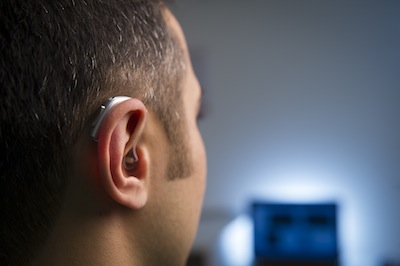Perception of deaf and hard of hearing students of their learning environment in Buraidah

Perception of deaf and hard of hearing students of their learning environment in Buraidah,
Al-Qassim, Saudi Arabia
Hajar AL Qaba’a, Fatimah AL Omirini, Felwa ALQazlan, Shahd AL Omlah,
Dania AL Jabri, Lamiaa AL Harbi , Modi AL Buridy, Norah AL Keaid,
Background: Approximately, 3% of children are diagnosed with hearing loss in Saudi Arabia. Providing the necessary health services is critical to the lifelong speech and communication skills of deaf children. Students’ opinion on health, education, and socialization could help to identify any unmet needs and to improve the quality of services.
Methods: A cross-sectional study among 57 deaf and hearing-impaired students, who attended specialized high-school classes in the academic year of 2012-2013 in Buraidah, Al-Qassim. Health care services, educational environment, and social relationships were assessed using a structured questionnaire. The data was analyzed using the statistical package for social sciences (SPSS).
Results: The students included 30 males and 27 females. There was high satisfaction among students with healthcare services; mosthad been provided with hearing aids (70%). With regards to the educational environment, technology played an important role—90% of students reported having computers skills and using them as a primary learning modality. Further, many students relied on computers for general communication and socialization: 60% have their own computers and 50% had special mobile devices. Students reported having friends only among hearing impaired classmates or no friends at all. There were some gender differences with respect to satisfaction. Male students reported lower satisfaction of health and educational services than female students. However, they reported more satisfaction with their friendships and social relationships than female students.
Conclusions: Hearing impaired students have low satisfaction with their educational environment and with their social life. Future research should identify ways to improve academic achievement among these students; as well as provide more opportunities for them to socialize and integrate into the community.




